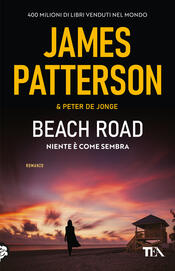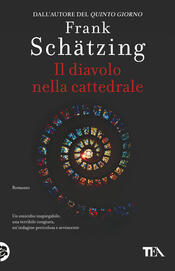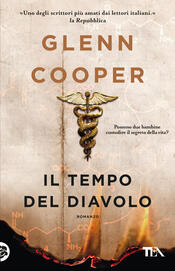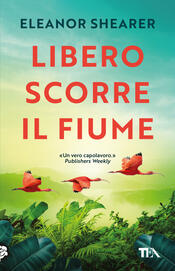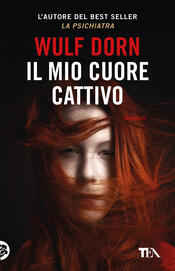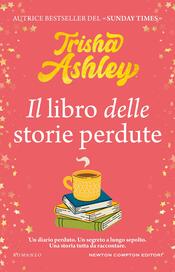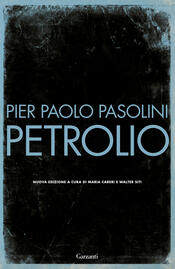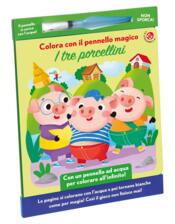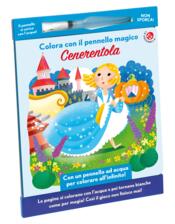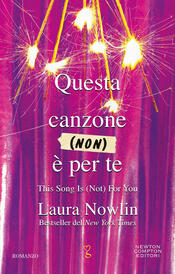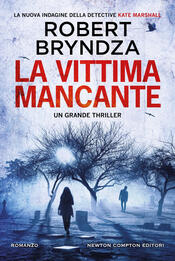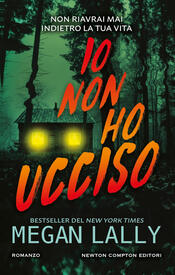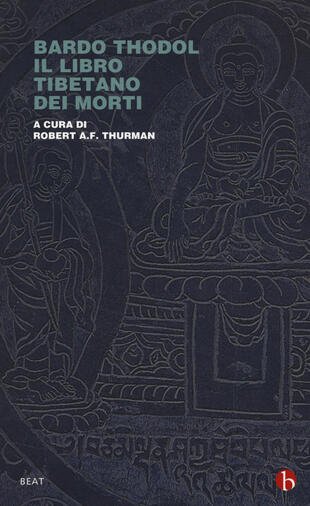

Sinossi
Il "Bardo Thodol" fu composto dal grande maestro Padma Sambhava, nell'VIII o nel IX secolo, per i buddhisti indiani e tibetani. Venne in seguito nascosto per un'era a venire e ritrovato solo nel XIV secolo dal noto «scopritore di tesori» Karma Lingpa. Il libro interpreta le esperienze dello stato intermedio (in tibetano bardo), di solito riferito alla condizione tra la morte e la rinascita. Bardo indica la condizione intermedia (i tibetani distinguono sei stati intermedi: l'intervallo tra la morte e la rinascita, tra il sonno e la veglia, tra la veglia e «l'assorbimento profondo», e i tre stati intermedi durante il processo di morte-rinascita), mentre le parole "thos grol" significano che l'insegnamento offerto da questo libro «libera» non appena lo si «apprenda» o «intenda», offrendo alla persona che affronta lo stato intermedio una comprensione così chiara e profonda da non richiedere una riflessione prolungata. Un'approfondita descrizione del processo di morte ricavata dalla vasta letteratura tibetana sullo yoga supremo, e vaste parti mai tradotte prima dell'opera più ampia ("Il profondo insegnamento della liberazione naturale attraverso la contemplazione delle divinità di buddha miti e feroci") di cui il "Bardo Thodol" costituisce una sezione, fanno di questa versione, curata da uno dei maggiori tibetologi viventi, l'edizione di riferimento per molti anni a venire di un grande classico del pensiero orientale.
- ISBN:
- Casa Editrice:
- Pagine: 367
- Data di uscita: 25-05-2017
Recensioni
Joseph Campbell escribió alguna vez que los libros sagrados no deben leerse en clave occidentalista sociohistórica, sino que la única forma de acceder a la luz que de ellos emana es tratarlos como textos poéticos. Así como sabemos que no debemos creer que el Génesis es una mentira solo porque sabemo Leggi tutto
This was one of the books on my Book Bucket List, and I'm glad I finally read it, but overall I was disappointed. I disagreed with the teachings of this book. First, there is the assumption that being reborn into a new life is a bad thing, but some may find being in the cycle of sangsara to be enlig Leggi tutto
I wanted to understand this book but I didn’t despite my best efforts. Emotionally, mentally, spiritually I got very little from it and feel sheepish that I genuinely didn’t get the philosophy/spirituality that was attempted to be conveyed to me.
The how-to guide for transiting from this life to the next. In Tibet, the bridge in between is termed "bardo". Very useful for folks like me seeking precision in bardo-crossing :) Interestingly, the scores of steps on this pathway take upto 5 days. The book was thus compiled so that a family member/p Leggi tutto
I quite enjoyed this book. Better than I expected, and actually easy to read. Although I'm pretty doubtful that these things exactly happen to you after you die (just how exactly does the author know about all these intricate details!), I still believe in a lot of the concepts it presents, not only
"Then the Lord of Death will drag you by a rope tied round your neck, and cut off your head, tear out your heart, pull out your entrails, lick your brains, drink your blood, eat your flesh and gnaw your bones; but you cannot die, so even though your body is cut into pieces you will recover." If Buddh Leggi tutto
Citazioni
Al momento non ci sono citazioni, inserisci tu la prima!






